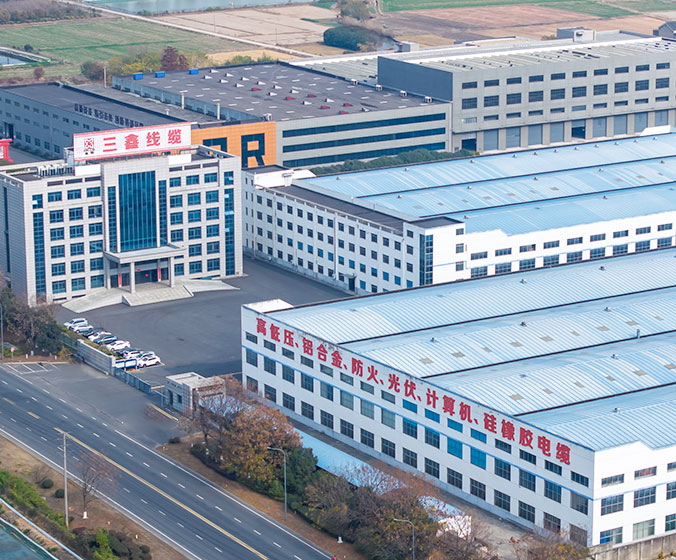 WELCOME TO KNOW SANXIN
WELCOME TO KNOW SANXIN
High and Low Voltage Power Cable
 Manufacturer
Manufacturer


The company is specialised in the production of Overhead Conductors, High and Low Voltage Cross-linked Cables, Flame Retardant and Fire Resistant Cables, Control Cables, Specialty Cables, etc., which are widely used in the electric power, construction, petrochemical, aerospace, electronics and other industries.


 Language
Language
 English
English عربى
عربى


































